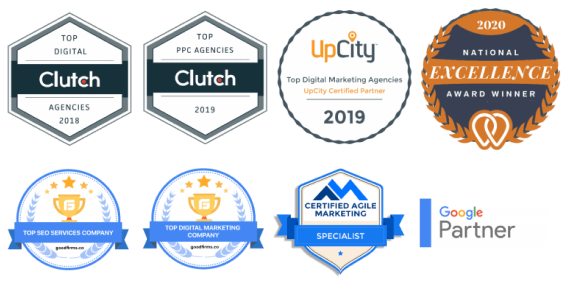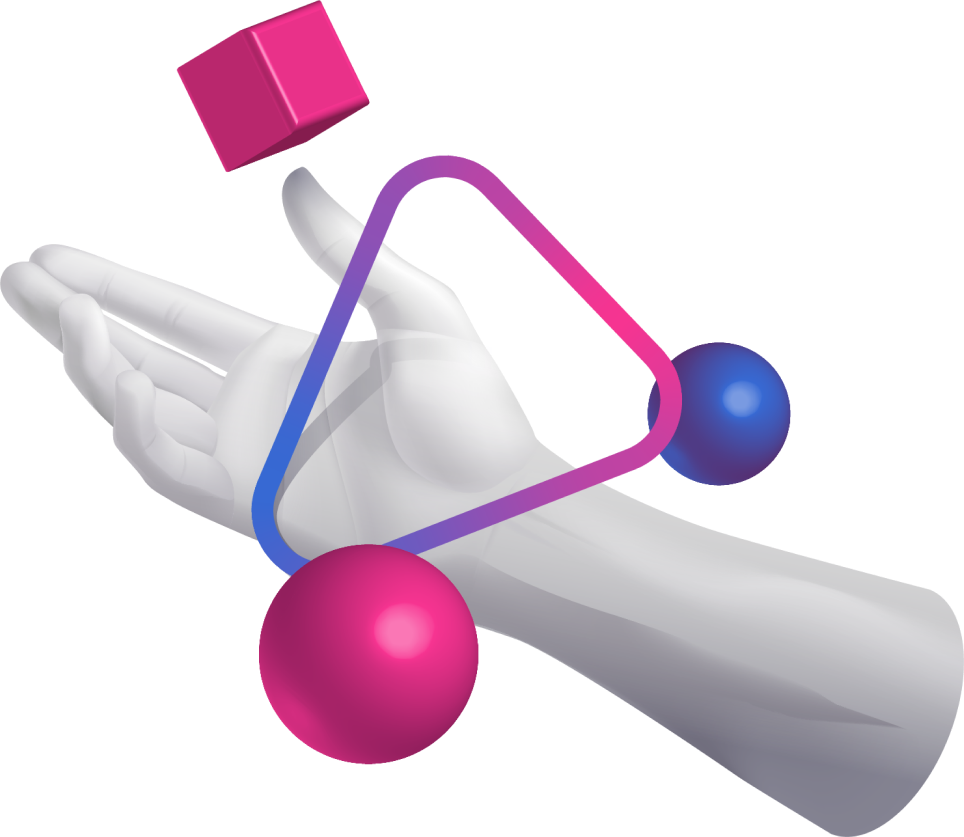







An effective automotive marketing strategy incorporates several crucial components.
First, comprehensive market research is vital to understand your audience, competitors, and industry trends.
Second, clearly defined brand positioning is essential to distinguish your offerings in the crowded automotive market.
Third, utilizing an array of marketing channels - including digital and traditional - allows for optimal audience reach.
Lastly, a well-crafted content strategy, combined with a robust SEO plan, drives brand visibility and customer engagement.
The exact figure varies due to numerous factors, such as regional demand, economic trends, and technological advancements is estimated to be around 4.8 trillion dollars by 2025 and is seeing steady growth thanks to new electric vehicles and modes of transportation
Within the expansive landscape of the automotive industry, deploying a diverse mix of marketing conduits is key to achieving substantial results.
Digital Channels: The digital realm offers several potent avenues for engaging and personalizing the customer's journey.
Social Media: Platforms such as Facebook, Instagram, and Twitter serve as powerful tools for reaching out to potential buyers, providing updates, and nurturing customer relationships.
Search Engine Marketing (SEM): Through tactics like pay-per-click (PPC) advertising, businesses can effectively drive traffic to their website, thus enhancing brand visibility and potential conversions.
Email Marketing: A well-segmented email list can be invaluable in delivering personalized content and offers, fostering customer loyalty, and driving repeat purchases.
Traditional Channels: Despite the digital revolution, traditional marketing channels maintain a substantial role in the automotive industry, particularly in engaging with broader demographics.
Television Commercials: They allow businesses to showcase their offerings to a wide audience, leveraging the power of visuals and narratives.
Radio Advertisements: These can reach commuters effectively, especially during peak travel times.
Print Ads: Through newspapers, magazines, and direct mail, print ads can cater to an audience that appreciates tangible marketing materials.
Ultimately, the optimal selection of marketing conduits depends heavily on the demographic and psychographic characteristics of your target audience, along with the specific objectives of your marketing campaign.
As a marketing manager, understanding and adapting to the rapidly evolving trends in the automotive industry is vital for the success of your campaigns. Here's how our agency can guide you in leveraging these trends through the lens of digital marketing:
Electrification: The surge in interest for electric vehicles (EVs) has opened up new opportunities in digital marketing. Our agency can help you create tailored online campaigns that highlight your brand's commitment to sustainability and innovation, resonating with eco-conscious consumers.
Autonomous Driving: As autonomous vehicles become a reality, it's crucial to adjust your online messaging to capture this technological shift. We can aid in promoting your brand's advancements in this area, positioning you as a forward-thinking leader in the automotive industry.
Digitalization: The shift to online research and purchasing necessitates a robust digital presence. Our agency specializes in crafting strong, SEO-optimized online content, engaging social media campaigns, and effective PPC strategies that align with consumer online behaviors.
Global Events Impact on Supply Chains: Unpredictable events like the COVID-19 pandemic have reshaped the automotive industry. We can help you navigate these challenges in your digital marketing strategy, crafting empathetic and timely messages that connect with your audience's current experiences and needs.
